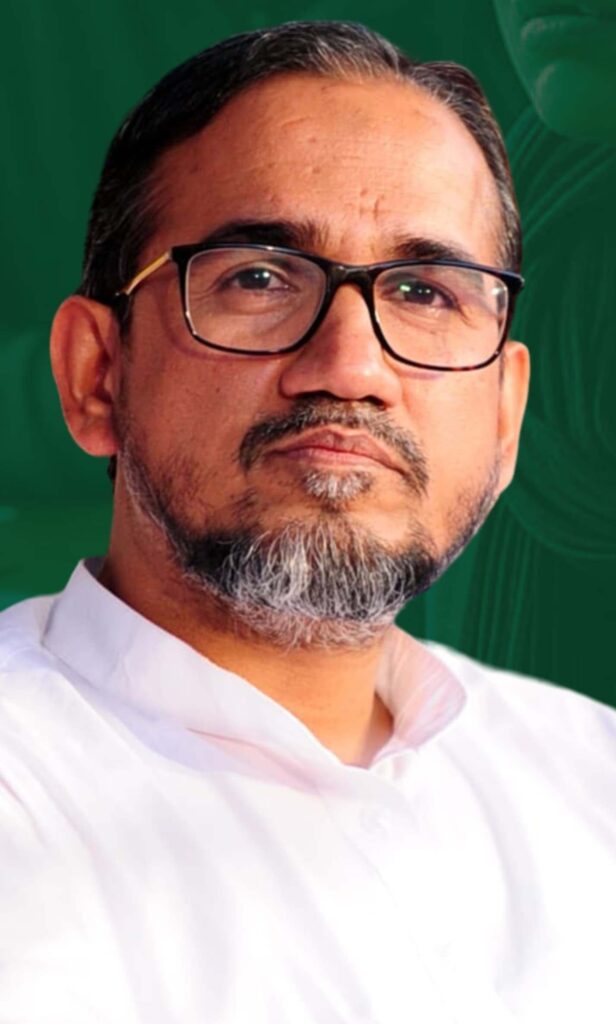
Governors Cannot be Allowed to Behave like Governor Generals
The ruling of the five-member Constitution bench of the Supreme Court on the question on the limits of gubernatorial powers on the basis of a reference from the President Droupadi Murmu, is a disturbing one as it seems to treat the elected legislatures in the states and the governments they have elected as lesser beings in the pecking order of our constitutional scheme of affairs.
The Supreme Court has taken the view that Governors and the President should have the right to take their own time before they take a decision on the Bills sent to them by the State legislatures or Parliament for signing them into law. This is the ideal constitutional scheme of things and cannot be faulted.
But the present dispute before the courts came precisely because the Governors in the States where Opposition parties were ruling behaved like extra-constitutional authorities. They were behaving more like the Governor Generals in the colonial administration when these authorities considered themselves answerable only to their colonial masters and not to the people they were ruling over. Like that, some of our contemporary governors appointed by the BJP Government in Centre thought they are answerable only to the Central Government and not to the State legislatures or the State governments they were supposed to serve.
Some of the State governments which were specifically targeted for illtreatment by the Governors or Central administrators were Tamil Nadu, Bengal, Kerala and Delhi all of whom raised serious objections to it. They had to bring these matters to public forums when their efforts to sort out things through internal negotiations totally failed. In all these States, the Governors were making every effort to put hurdles before the elected government, practically holding up their capacity to serve the people who had elected them to power.
This was dual authority in the governance of the state, a situation never anticipated or foreseen in the Constitution. The Constitution stipulated that Governors should abide by the advice of the State cabinets.
But this constitutional system was being sabotaged by some of these governors in a deliberate manner. Arif Muhammed Khan in Kerala, R N Tavi in Tamil Nadu, Jagdeep Dhankar in West Bengal and some others had gone beyond every conceivable limit. In fact, at least in the case of two of these people, the Central Government had to shift them out of the states to bring some peace and stability.
The Tamil Nadu and Kerala governments had taken the matter of inordinate delay in deciding on pending bills to the Supreme Court, which gave a ruling in favour of them. A strict time frame was enforced on Governors to act on bills. In the case of TN, some bills were allowed to be notified as laws precisely on the grounds of this unexplained and inordinate delay.
Now the Supreme Court has set the clock back again. However, it has given some limited scope for judicial action when delays are extremely long, allowing the courts to intervene.
It would be ideal if all parties play by rules. Instead, if one party violates every rule of our constitutional plan then this country will see a total breakdown of governance in the states where Opposition parties are in power. It seems that the Supreme Court has erred in its extreme caution in the present judgement giving undue powers once again to the Governors and the executive authorities at the Centre who actually control them.
Mohammad Shafi
National Vice President


No Comments